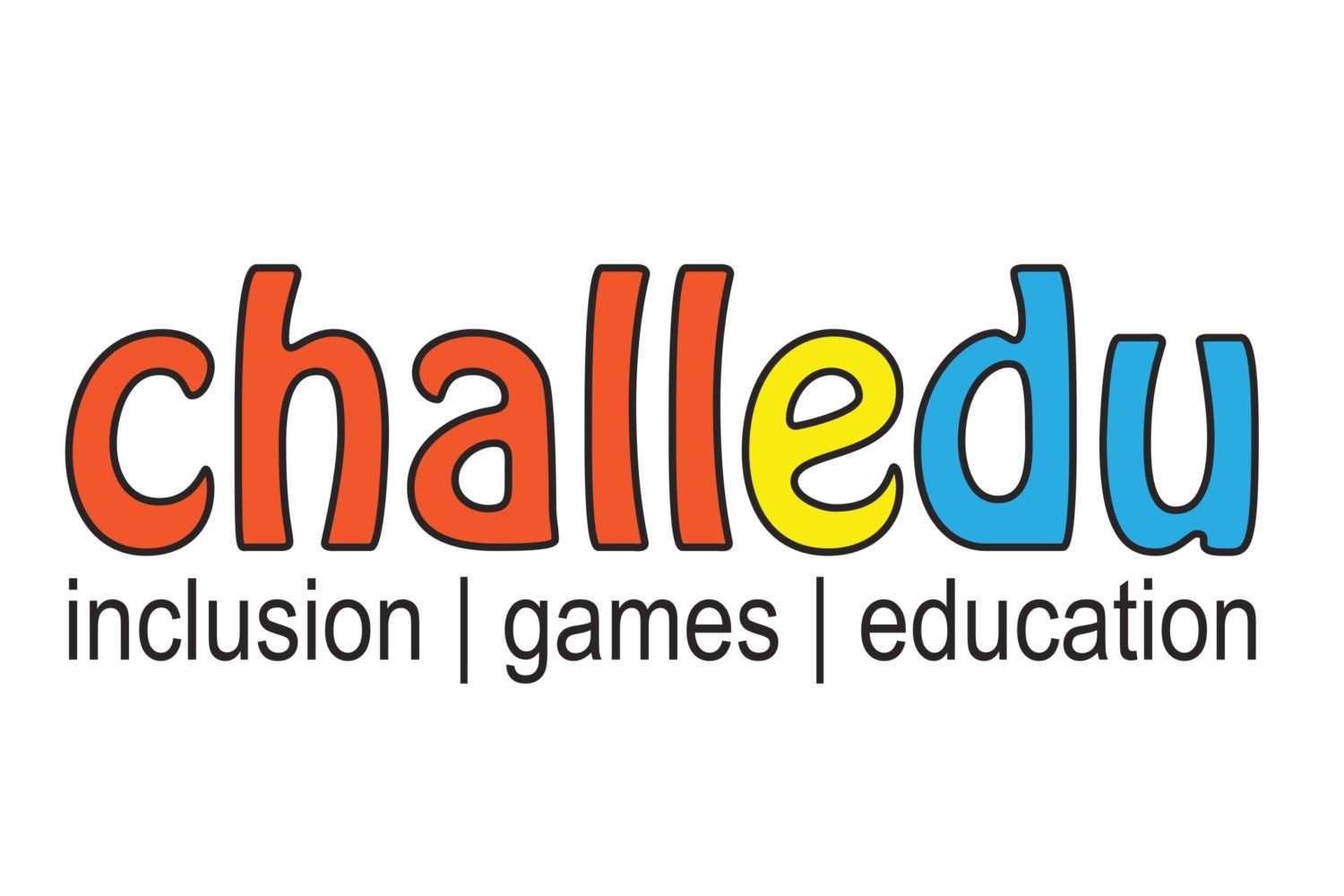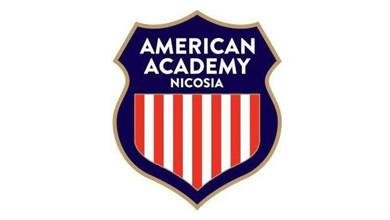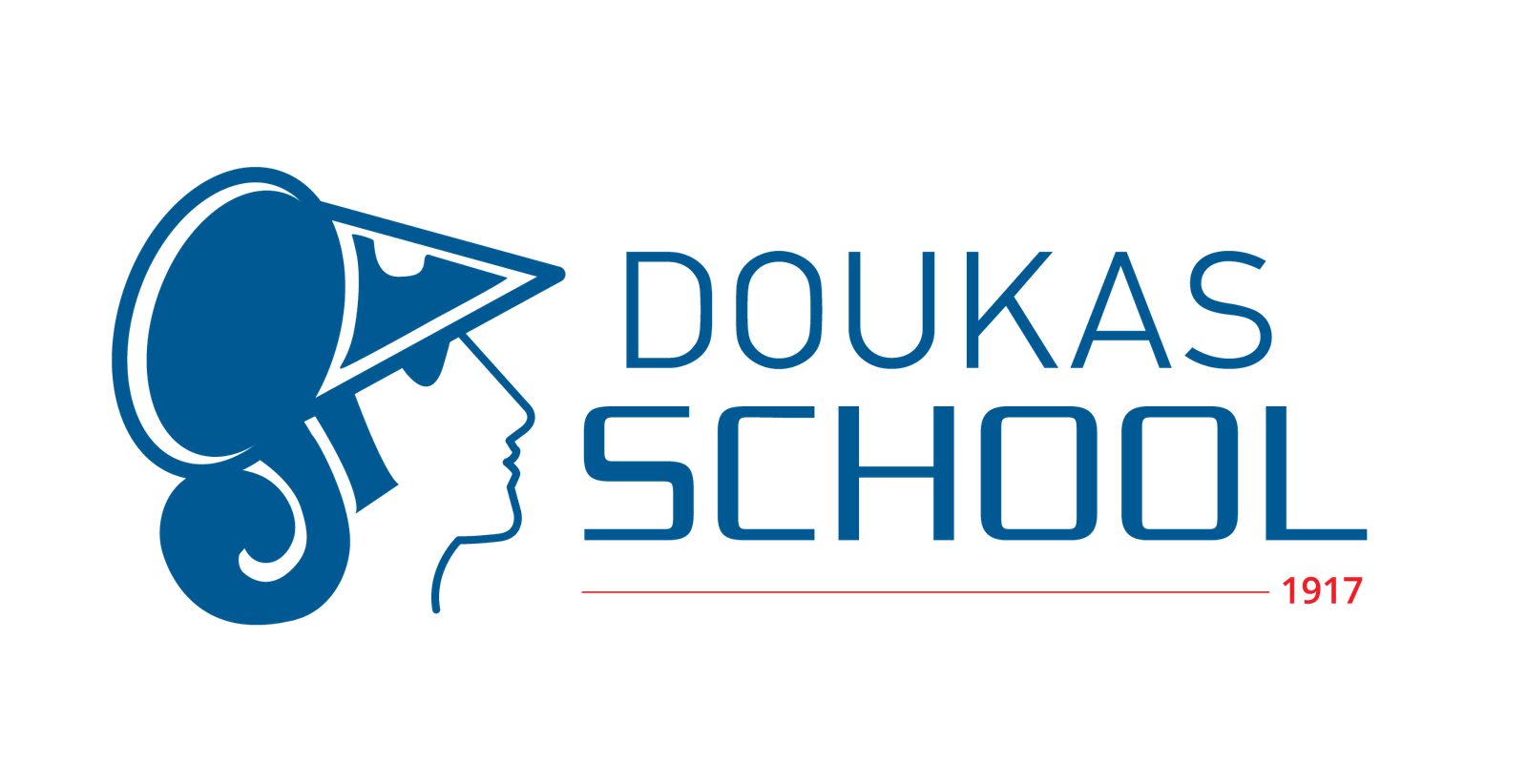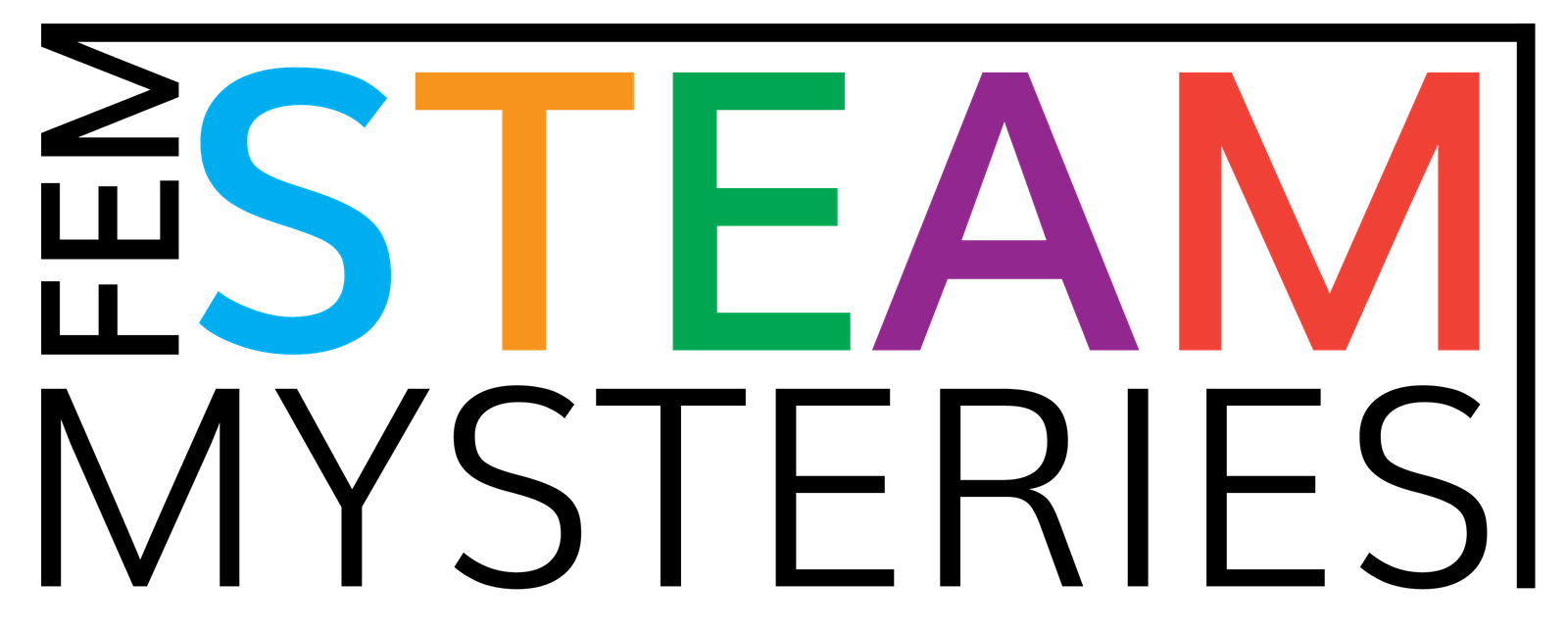
femSTEAM Project Partners
European University Cyprus

European University Cyprus (EUC) was founded in 2007 and developed out of Cyprus College, which was established in 1961. Today, EUC operates five Schools, namely, the School of Humanities, Social and Education Sciences, the School of Business Administration, the School of Sciences, the Medical School, and the School of Law, with the mission to educate students for successful careers and life achievement, to understand and serve the needs of society, and to create knowledge through research and innovation. EUC has participated in more than 200 projects funded by a number of programs and organizations such as the Horizon2020, Erasmus+, 7th Framework Program, Lifelong Learning Programme 2007-2013, Directorates General of the European Commission, the Cyprus Research Promotion Foundation, United Nations, and governmental bodies. In the last 3 years, the University has accumulated approximately 4M euros in research funding, while it ranks third among the Cypriot universities in terms of total funding from Horizon2020 (first among private universities).
Research activity is primarily carried out by a number of research centers, laboratories, and other kinds of specialized settings such as clinics and innovation centers (http://euc.ac.cy/en/research/research-centers). This includes the ICT-Enhanced Education Laboratory (ICTEE) participating in this project. ICTEE Is hosted within the Centre of Excellence in Innovation and Technology (CERIDES) (https://cerides.euc.ac.cy/).
Challedu

CHALLEDU is a non-profit, non-governmental organization that pioneers new models of learning, inclusion and engagement. CHALLEDU constitutes one of the leading R&D experts in education and inclusion. Our team consists of project managers, researchers, educators, game designers, developers, graphic designers and facilitators who design and implement formal and non-formal educational methods and tools based on cross-sectoral, interdisciplinary approaches.
We focus on 2 sectors:
EDUCATION AND INNOVATION
Education is considered from our team as the driver for positive change. The projects developed under this sector are focusing on promotion of Entrepreneurship, STE(A)M, civic and active citizenship, Environment, Culture, Sustainable development. The target groups are young people, adults, students (kinder garden/primary/secondary/university/VET), trainers and educators, professionals and institutions. Our approach includes forms of non-formal or informal education, game-based methodologies, Role-model methodology, open-learning and digital tools, gamification, as well as cross-sectoral approaches.
SOCIAL INCLUSION
In our work we give specific emphasis on various disadvantaged groups. The projects of this sector focus on inclusion and empowerment of people with disabilities (kinetic disability, deaf or blind people, people with intellectual disability or autism, etc), refugees, people with health problems, old people, NEETs. The aims are: inclusion in the society, improvement of employability, development of skills and competences, advocacy. The approaches involve; non-formal or informal education, living labs, open co-creative workshops, game-based tools and cross-sectoral approaches.
OUR ACTIVITIES include:
Research for the development of innovative methodologies and approaches for education and inclusion, Development of tools for synchronous and asynchronous learning eg. serious games, mobile apps, web-platforms, e-books, guides, e-courses, comics, animations, videos, 3Dprinting, 3D models design, augmented reality (AR), virtual reality (VR), robotics, Implementation of trainings, workshops and seminars, Implementation of events, festivals, game-workshops, dialogs, advocacy campaigns, Dissemination activities.
We also cooperate with leading Universities, research centres, educational and cultural institutions, SMEs, foundations, ministries of education and culture, municipalities and regional directorates, Educational directorates and NGOs in national and European level. We continuously work to succeed in inspiring people to achieve the vision for a peaceful, sustainable, inclusive Europe, empowering people skills, creativity, initiative, solidarity, promoting active citizenship and equal participation in the society regardless their gender, and economic, social, religious, cultural, national background, creating new partnerships and contributing to the modernization of teaching and development of new technologies
During the last 4 years we have engaged to our activities more than 2000 people who are facing difficulties, 5000 young people and students and 1000 trainers/educator/other professionals.
La Salle-Buen Consejo

Colegio La Salle-Buen Consejo (LCSB) was initially founded in 1904 as a small school for elementary students of the workers of a Naval factory, and was authorized as a Primary school in 1976 and Secondary school in 1996. Later, it has been authorized to teach kindergarten. Currently has up to 610 students aged from 3 to 16 years old distributed in three levels of education: Kindergarten, Primary and Compulsory Secondary Education.
The mission of the school is based on an integral education of the students involving families in the shared task of education and the promotion of teachers’ professional development with the pillars quality, continuum improvement and innovation. The curriculum of the Primary students is bilingual (Spanish-English), with the vision of being bilingual in all the educative stages. Every school year our Secondary School students participate in linguistic interchanges with France and England, and in immersion linguistic programs with Malta.
The school gives priority to high quality humanistic and scientific education that promotes the development of student’s values in cooperative environments.
From 2006, the Science, Mathematics and Technology teachers are constituted in a unique department involved in many national and international innovation projects that aim to innovate their integrated curriculum, such as: Comenius, Erasmus + and Junta de Andalucía working groups. Traditionally students have participated and are winners in national and international competitions on the field of STEM, such as: Young Researchers Competition, Secondary School Mathematic Olympiad, National Pi-day competition, Contest of the South Surveying and Experiment Incubator and the poster competition of the International Statistical Literacy Project.
Since 2019, the school STEM department has expanded with teachers from Arts and English, configuring a horizontal department that aims to innovate on STEAM curriculum through the participation in Erasmus + KA209 and KA229 actions.
American Academy Nicosia

Founded in 1922, The American Academy Nicosia has a rich history of providing quality education in a caring environment. The American Academy Nicosia is a private school located in the heart of Nicosia providing outstanding learning opportunities from Pre-school & Kindergarten to Primary and Secondary level education. Following the British curriculum, we admit both Cypriot and international students. We have a safe and caring community where learners are encouraged to discover and develop their unique talents and abilities.
As a school certified by the Ministry of Education and Culture of the Republic of Cyprus its curriculum also reflects local variations to ensure that it also provides students with the Cypriot Certificate of Education Apolytirion. The school operates as a non-profit organisation.
The Secondary departments consists of the following faculties: Mathematics and Computer Science, Sciences (Integrated Sciences, Biology, Chemistry and Physics), Greek, Humanities (Economics, Psychology, Business Studies, Accounting, Religious Studies, History and Geography), Languages (English, French, Spanish and German), Arts (Music, Drama, Art) and Physical Education.
In the Secondary department our students have the opportunity to study at the IGCSE, GCSE and GCE AS and A levels, available through the Cambridge International and Edexcel Examination Boards. Focusing upon a strong academic programme our students are expected to strive for, and achieve, excellent results, whilst also developing their full potential in all areas of their lives both academic in terms of their results in their external examinations as well as pastoral in terms of the character they develop through the years. Their progress is monitored closely by their teachers through the use of cognitive ability tests early in their educational journey, setting individual targets for them and developing strategies to ensure that each child is reached with the necessary tools and methods in order to maximize their learning and add value to their education.
The American Academy Nicosia students have a high rate of success in their (I)GCSE, AS and A Level examination each year achieving international awards and recognitions. We are proud of the performance of our students as we know that each one of them is a special individual, with gifts and talents that require an environment such as ours to help them unfold their wings and learn to fly.
At the American Academy Nicosia we believe that providing a framework of care and support for our students is central to their development within our multi-ethnic, multi-cultural student body. We support the unique range of social, emotional and personal needs that makes every student special, ensuring that each one is able to make full use of the learning opportunities within the school.
Our experienced Pastoral Care Team provides counselling, personal guidance, developing programmes of personal and social education for students in Pre-school & Kindergarten, Primary and Secondary Departments. The team ensures good relationships within the school community, interacting with the students, the teachers and parents. For our senior students, the team also offers vocational counselling regarding academic and careers options as well as support with university applications.
TECHNISCHE HOCHSCHULE KOLN

With around 26,000 students and 430 professors, TH Köln – University of Applied Sciences, TH Köln for short, is Germany’s largest university of applied sciences. 11 faculties offer
more than 90 degree programs in engineering, social sciences and the humanities. The broad range of subjects provides excellent opportunities for interdisciplinary projects and
cooperation. The research profile of TH Köln takes up current, strategic developments at European (Horizon 2020), national (High-Tech Strategy of the Federal Government) and
regional level (NRW-Innovationsstrategie and Standort Köln – Perspektive 2030) in order to respond to the increasing importance of universities for the future development of society and the region. An essential component is the stronger integration of the activities of universities with civil society, industry, culture and politics. The research profile of TH Köln is
divided into the three profile areas “Integrative Society and Resilience”, “Digital Work and Resources” and “Sustainable Management and Resources”.
The Cologne Game Lab (CGL) is an institute of the TH Köln and part of the Faculty of Cultural Sciences. The institute focuses on the research and development of interactive content
as well as on the training and further education of the relevant specialists. At the Cologne Game Lab, academics from various disciplines conduct research – in their respective fields
such as Game Design, Game Art, Sound Design, Game Informatics, Game Economics, and Game Studies, but very often in interdisciplinary teams. Our understanding and practice
include classic basic research and applied projects (R&D) as well as academic publications and public events.
In recent years, during the rapid and substantial growth process of research at CGL, four focal points have emerged in both disciplinary and interdisciplinary research:
– Game Design Research, involving the explication models and methodologies from game development and applying the findings into the development of games for health, education, psychology, or humanitarian causes. Game Art Research, which concerns the investigation of new forms of interactive art, such as installations, or the improvement of established aesthetic experiences in museums, galleries, etc.
– Game Programming Research, which covers topics like the use of new technology (artificial intelligence, immersive technologies, multimodal interaction) and generative content as a method of development.
– Game Studies Research from a humanities perspective – games as meaning-making artefacts and their role in culture – and from a social science perspective – players and their
social communities.
The opportunity and capability to integrate approaches and methods from different disciplines concerned with games is a distinguishing feature of research at the CGL.
DOUKAS SCHOOL

Since its founding in 1917, Doukas School has always tried to keep up with the latest trends in education. In its 2,5 acres, setting with educational and athletic facilities amongst the best in design and construction, Doukas School (www.doukas.gr), a K-12 educational Institution, offers to its 1600+ student body one of the finest educational and athletic programs in the country.
During the last years, the school has organized Conferences on Mathematics, Pre-school Education, Educational Computing & New Technologies, General Gymnastics and Sports, ST[r]EAM, Artificial Intelligences, such as the International Conference on the theme: “The School of the Future and the Future of the School” under the auspices of the Greek Ministry of Education. Moreover, in 2011, Doukas School was identified as a Pathfinder School by Microsoft for its innovative educational practices and its potential to create scalable and replicable educational transformation that can influence schools within Greece and around the world.
Lastly, Doukas School became Microsoft Case Study, for the implementation of 1:1 Computing in classroom. Doukas School participates in several EU and National R&D projects (www.en.doukas.gr/randd) and has coordinated extensive European Networks (SchoolontheCloud.eu) under programmes such us Erasmus+, Lifelong Learning Programme, HORIZON 2020 and PAVET. The 1st “Classroom of the Future” in Greece was created in 2007, where all students from Grade 4 use a portable “eschoolbag” (Tablet, containing all educational material and are connected wirelessly to the “eblackboard” of their classroom and the Internet). Currently, more than 1500 students at Doukas School, between grades 4 to 9 (ages: 9-14), use their tablets to have constant and immediate access to their educational content and the entire digital world. Moreover, the continuous access to the tools for writing, researching online, organising work and creating presentations aim at providing students with all the necessary skills for individualised and life-long learning in the 21st century.
Doukas School, is the first educational establishment in Greece that has been awarded in 2012 the award “Recognised for Excellence” 4 stars of the European Foundation for Quality Management (EFQM).
